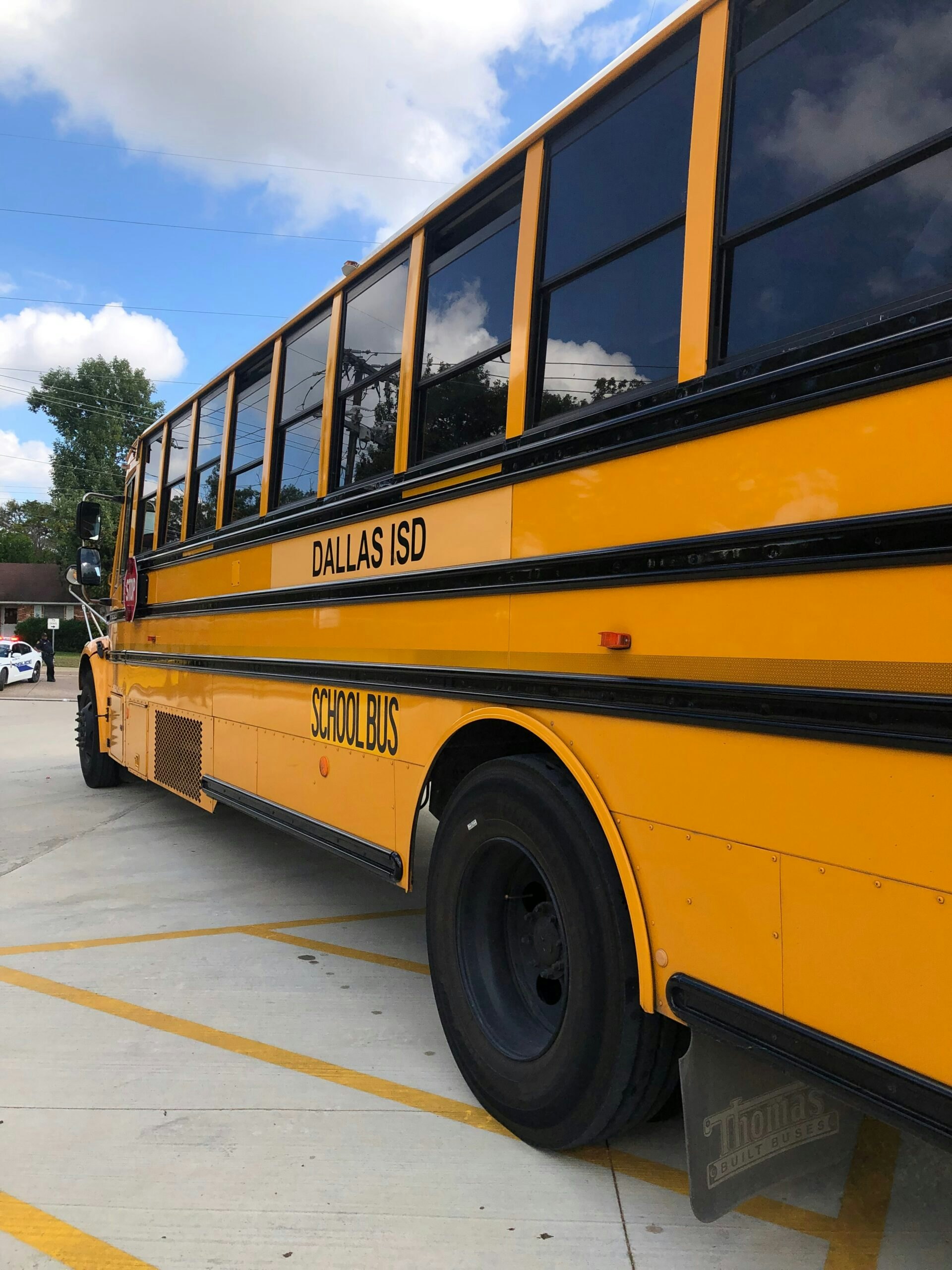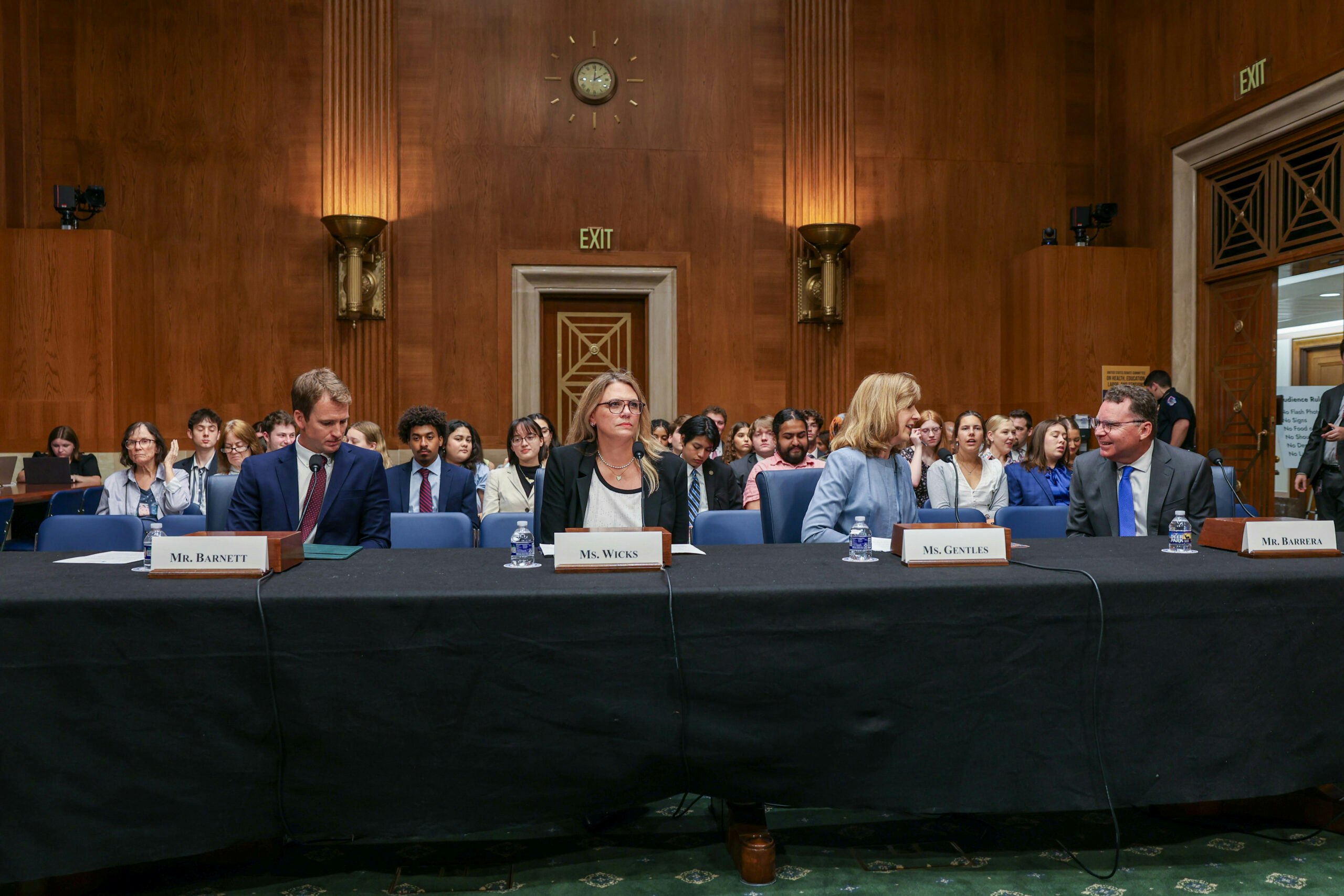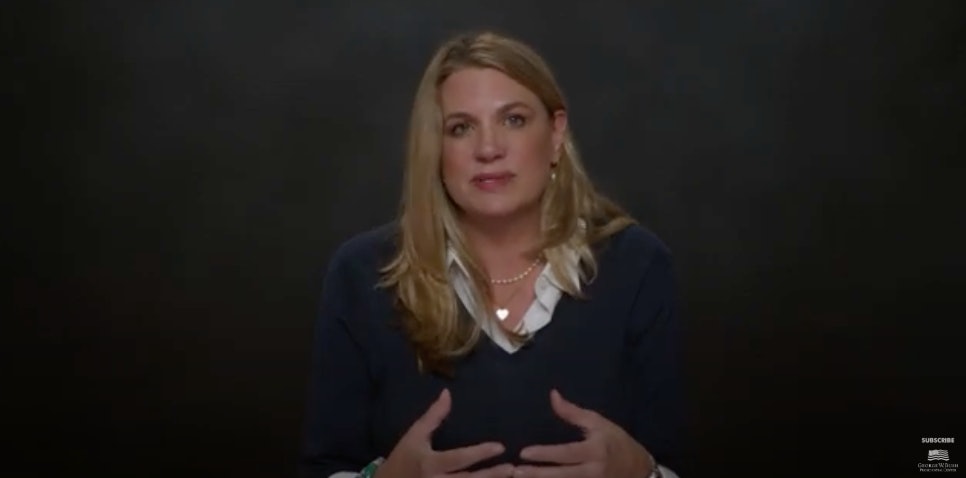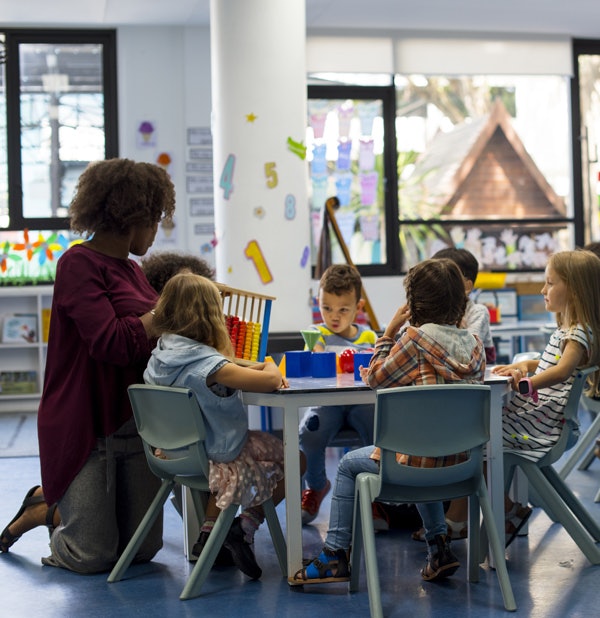
 This post was guest authored by the New York City Leadership Academy, a George W. Bush Institute, Alliance to Reform Education Leadership (AREL) Principal Preparation Program. NYC Leadership Academy brings a decade of experience preparing aspiring New York City principals to lead underperforming schools, and research confirms that its graduates are more effective than comparison principals at leading increases in student achievement. I am excited to share that the Bush Institute’s AREL is working with NYC Leadership Academy to develop the “Residency Design Initiative.” The initiative will ultimately produce a report and guide on developing effective residency components to be shared with principal preparation programs across the country.
This post was guest authored by the New York City Leadership Academy, a George W. Bush Institute, Alliance to Reform Education Leadership (AREL) Principal Preparation Program. NYC Leadership Academy brings a decade of experience preparing aspiring New York City principals to lead underperforming schools, and research confirms that its graduates are more effective than comparison principals at leading increases in student achievement. I am excited to share that the Bush Institute’s AREL is working with NYC Leadership Academy to develop the “Residency Design Initiative.” The initiative will ultimately produce a report and guide on developing effective residency components to be shared with principal preparation programs across the country.
In the field of school leadership preparation, “residency” refers to the period of time aspiring principals train in an actual school, much like an aspiring surgeon would spend time training in a hospital. Such experiences provide residents with the opportunity to connect theory and classroom instruction with practice, and allow them to demonstrate mastery of essential skills and knowledge in an authentic or “real world” setting. However, unlike in the medical field, these field-based experiences are not a universal component of principal preparation programs in the United States, and to date there is no broadly shared understanding of what constitutes an effective residency.
What constitutes an effective residency experience for an aspiring school leader? How can principal preparation programs design and sustain these important “clinical” training opportunities in the face of constraints (time, talent, and financial)?
These questions were the focus of a two-day convening in Washington, D.C., that brought together experts from nationally recognized school leadership development programs to begin the work of identifying the “essential elements” of effective residency programs and tools that can help inform the design and sustainability of such programs.
There is growing recognition that a school-based residence opportunity is an integral part of effectively preparing an aspiring principal to assume leadership of his or her own school. Several states and districts have overhauled principal preparation programs in recent years to include field-based internships that provide hands-on, experiential learning opportunities, enabling candidates to practice essential school leadership skills in a real school setting and learn from experienced school leaders. These changes make sense.
However, implementing and sustaining an effective residency program presents many challenges. Nationally, residency programs for aspiring principals vary in structure, staffing, curriculum, and length, and many states and districts struggle with how to make residencies work.
AREL and NYC Leadership Academy look forward to collaborating on this initiative and are grateful for broad participation from the educational field. Those who will continue providing input into this important work in the coming months include:
- Cheryl Borden, KIPP
- Ann Clark, Charlotte-Mecklenburg Schools
- Kay Coleman, Arizona State University iLEADAZ
- Hilary Darilek, District of Columbia Public Schools
- Jacquelyn Davis, AREL
- John D’Auria, Teachers 21
- Deborah Doordan, Innovative Schools
- Mary Jo Dunnington, NYC Leadership Academy
- Benjamin Fenton, New Leaders
- Pamela Ferner, NYC Leadership Academy
- Ilene Friedman, NYC Leadership Academy
- Chong-Hao Fu, Leading Educators
- Teresa Khirallah, Teaching Trust
- Susan Korach, University of Denver
- Andrea LaRocca, NYC Leadership Academy
- Tom Malkus, Long Beach Unified School District
- Peter Martinez, University of Illinois at Chicago
- Tricia McManus, Hillsborough County Public Schools
- Kerry Ann Moll, AREL
- Kathy Nadurak, NYC Leadership Academy
- Terry Orr, Bank Street
- Rosemary Perimeter, Teaching Trust
- Odalys Pritchard, Hillsborough County Public Schools
- Darren Reed, New Leaders
- David Steinberg, Montgomery County School District
- Jennifer Stern, Denver Public Schools
- Matthew Taylor, Achievement First
- Steve Tozer, University of Illinois at Chicago
- Kelly Wright, KIPP
- Michelle Young, UCEA























